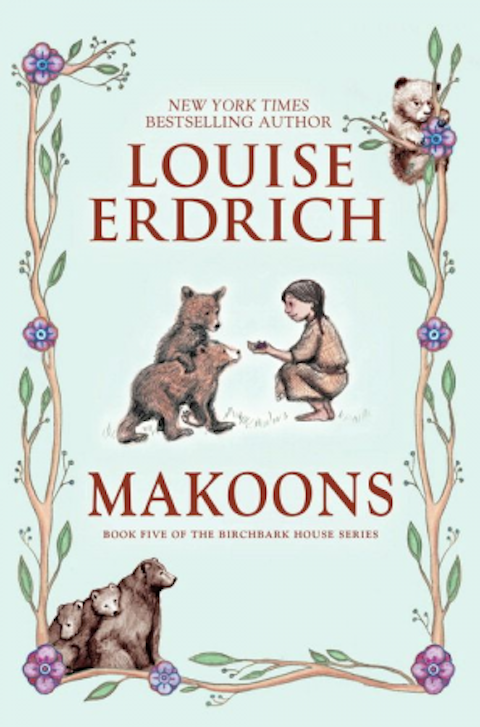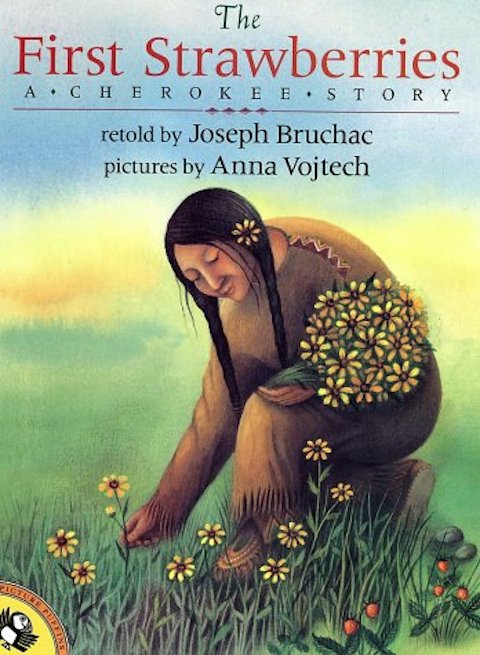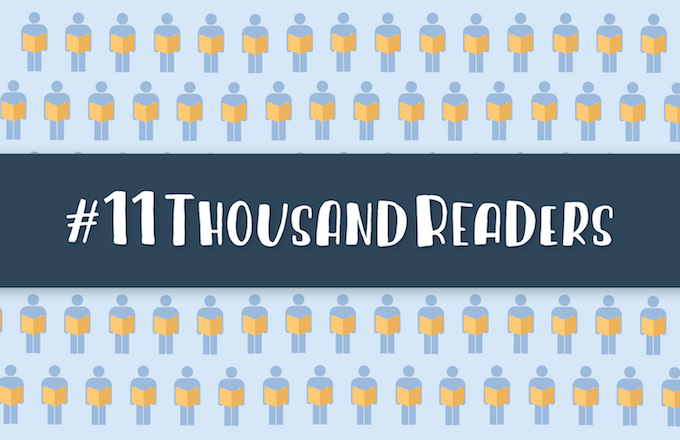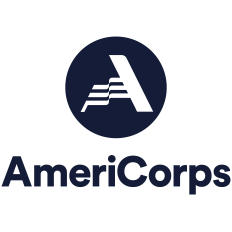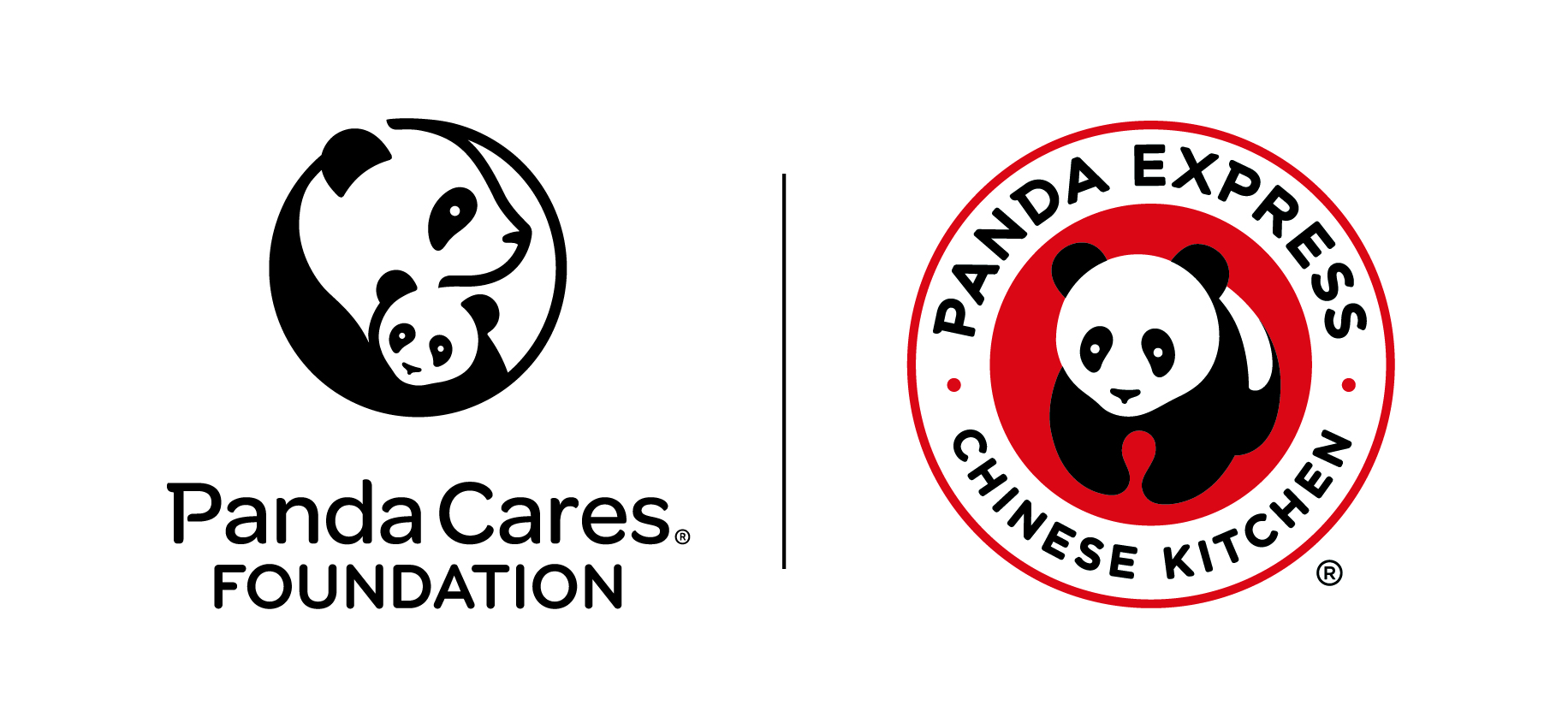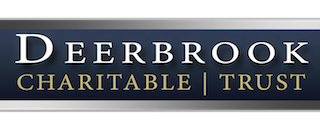November 4, 2016
Indigenous authors to read during Native American Heritage Month

November is Native American heritage month, a time to celebrate the richness of Native American history and an opportunity to incorporate Native American culture into reading and conversations with kids. For parents, educators, or tutors, it can be difficult to know how to approach discussing complex and important topics with young children. Often, though, a good book can be a window into a useful conversation. Here you’ll find a list of influential Native American authors with children’s book recommendations, as well as resources for challenging stereotypes and broadening kids’ minds.
Louise Erdrich
Book to read: Makoons
Erdrich has authored numerous novels for adults and several children’s books. She lives in Minnesota and owns Birchbark Books, an independent bookstore. Her most recent children’s book is titled Makoons, which is the Ojibwe word for little bear. The fifth book in her Birchbark house series, it’s set in the 19th century in the Great Plains and tells the story of the challenges faced by a multigenerational Ojibwe family.
N. Scott Momaday
Books to read: Circle of Wonder: A Native American Christmas Story or Four Arrows & Magpie: A Kiowa Story
Awarded the Pulitzer Prize for Fiction in 1969 and the National Medal of Arts in 2007, Momaday has also delved into children’s literature. The two titles suggested here are great choices for younger readers as they introduce Native American traditions, spirituality, and Kiowa history.
Joy Harjo
Book to read: The Good Luck Cat
A poet, performer, and musician originally from Oklahoma, Harjo’s book The Good Luck Cat is great for toddlers and animal lovers of all ages. She portrays the relationship between a girl and her cat with beautiful imagery and a childlike tone of curiosity about the world.
Joseph Bruchac
Books to read: The First Strawberries or A Boy Called Slow
Bruchac’s books recall the power of indigenous storytelling tradition and portray well-known folk stories. In an interview with Scholastic, Bruchac said, “The central themes in my work are simple ones—that we have to listen to each other and to the earth, that we have to respect each other and the earth, that we never know anyone until we know what they have in their heart.” He’s written for a variety of audiences, from teens to children, and either of these books are good material to start a conversation about Native history and tradition.
Looking for more titles and author suggestions for the kiddos in your life? Try this article from Publishers Weekly on current representations of Native Americans in literature for young people.
Resources
- Check out this comprehensive list of Native American books, reading, professional resources, and music from Rutgers.
- Visit this page for suggested activities related to Native American heritage month.
- This site offers ready-to-use lesson plans, student activities, and research aids for teachers.
- The website of indigenous YA author Cynthia Leitich Smith offers some useful actions that anyone can take to honor and advocate for Native Americans.

